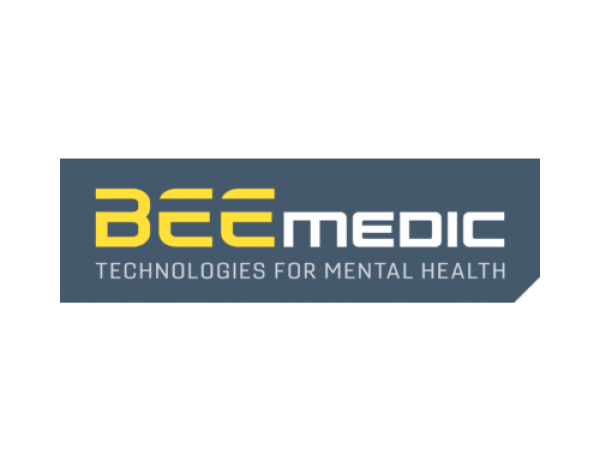BEE Medic is your reliable partner in neurofeedback. We provide cutting-edge EEG equipment for therapeutic, diagnostic, and research solutions. Our team of clinicians, researchers, and engineers work hand-in-hand to develop state-of-the-art hardware and software to revolutionize your practice.
Neurofeedback is a non-invasive therapeutic approach that involves measuring brainwave activity for real-time feedback to the patient for self-regulation of their brain function and endogenous symptom management.
During a neurofeedback session, three to five electrodes are placed on the scalp to record the electrical activity of the brain. The information collected is then processed and displayed on a computer screen in the form of visual and auditory feedback. Parameters of the EEG signal, such as certain frequency ranges of brain activity, are selected to control the feedback. For example, an animation moves faster, the image becomes clearer or a melody becomes audible depending on the brain activity.
There are different types of neurofeedback techniques, including alpha-theta, SMR, beta, and ILF training. Each one targets specific brainwave patterns associated with different cognitive and emotional processes. For example, alpha-theta training aims to improve creativity and reduce anxiety, while SMR training targets attention and focus. ILF training teaches improvement of autonomic nervous system regulation, assisting with symptoms of hyper- or hypo-arousal.
Although each case is different, patients will require anywhere from 10 to 40 sessions to achieve the best lasting results. Neurofeedback is a treatment that requires complex clinical decision-making and strong clinical skills to be effective, therefore it is imperative that neurofeedback is only done by mental health professionals. It also requires a comprehensive training curriculum and evaluation process to ensure mental health professionals are prepared to provide neurofeedback services.
Neurofeedback is FDA-cleared for the indicated purpose of relaxation and stress reduction. Clinicians use the self-regulating and stress-reducing effects of neurofeedback to address multiple mental health concerns and provide a path toward healing for many clients. Many studies are showing the effects of neurofeedback as impactful in the treatment of mental illnesses including ADHD, anxiety, sleep disorders, and cognitive deficits, though none of these indications have been FDA-cleared yet.
Contact Information
(877)313-9980



